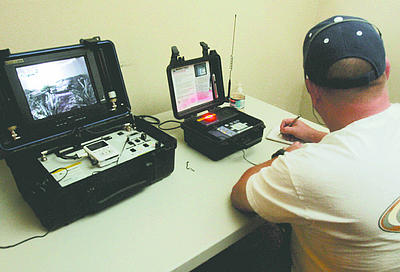A worker was entitled to medical and disability payments under the Massachusetts worker’s compensation statute for a work related injury even though there was evidence in his own medical record that he had a pre-existing back condition.
The Massachusetts Appeals Court determined that the insurer for the employer had failed to produce evidence to overcome the opinion of the worker’s chiropractor that the injuries were primarily related to the new injury, rather than the pre-existing degenerative back condition, as was required under G.L. c. 152, s. 1(7A).
On December 31, 2004, Scott MacDonald was cleaning up a worksite at the end of a work day. While lifting buckets of waterproofing, he felt a tightness in his back, which did not seem sufficiently serious at the time to prevent him from completing his workday. However, the following day the pain became excruciating, and he sought treatment with a chiropractor, which continued for the next four months.
The chiropractor also recommended that he obtain an MRI, which revealed disc herniations and degenerative changes. MacDonald then sought treatment from a group of neurologists, whose reports referenced prior back injuries and treatment, and made a diagnosis of pre-existing degenerative disc disease. The records show that MacDonald’s condition was improved in March, 2005 and he was back to work by the beginning of May, 2005.
McDonald sought benefits for a work related injury, which his employer’s insurer challenged on the basis that his injury was pre-existing and not work related. An administrative judge heard MacDonald’s claim and awarded medical benefits, temporary total incapacity from January 1, 2005, to March 15, 2005, and temporary partial incapacity from March 16, 2005, until April 30, 2005.
 Boston Accident and Injury Lawyer
Boston Accident and Injury Lawyer



